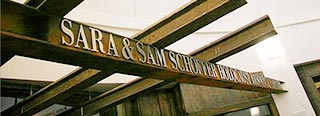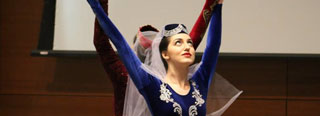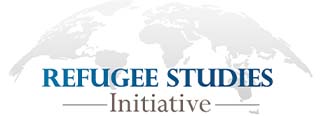M.A. in Holocaust & Genocide Studies
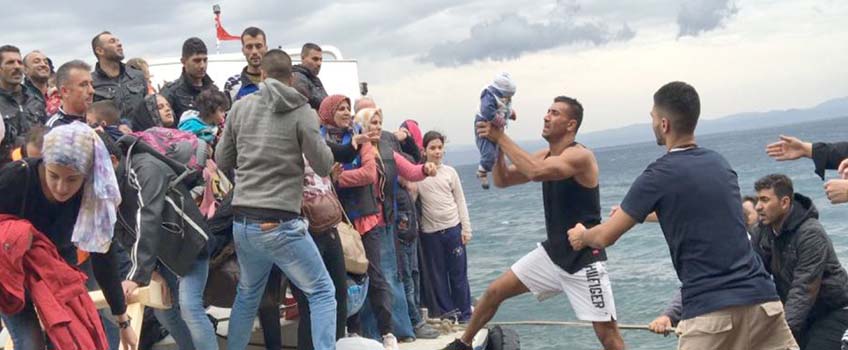
The M.A. in Holocaust & Genocide Studies (MAHG) program is committed to innovative and challenging research and teaching on the Holocaust, other genocides, the prevention of mass atrocities, and the promotion of human rights.
The Holocaust & Genocide Studies faculty guide students in developing and completing
original capstone projects such as M.A. theses, internships, and special projects
that prepare them for success in professional advancement. Furthermore, the significant
public engagement opportunities that the MAHG program offers support Stockton University’s
mission to develop engaged and effective citizens, both locally and globally.
Click here to watch our MAHG Virtual Information Session.
About the Program
The Master of Arts in Holocaust and Genocide Studies (MAHG) at Stockton University, founded in 1998 as the first program of its kind in the country, offers a rigorous interdisciplinary and wide-ranging education on genocide and mass violence. Through face-to-face and online courses taught by internationally renowned faculty, the program prepares its graduates for employment in education, museums, and organizations that aim to stop and prevent mass atrocities. The M.A. in Holocaust & Genocide Studies program’s diverse and growing faculty—with expertise in history, political science, communication studies, criminal justice, and education—work to ensure the success of our students. Students can complete the MAHG program fully online or through a combination of face-to-face and online courses.
Message from the Director
The field of Holocaust and Genocide Studies faces unprecedented challenges today. Genocidal violence is currently unfolding around the world. Myanmar’s campaign of destruction against Rohingya Muslims since 2012 has pushed more than a million to flee to neighboring Bangladesh, where they live in extremely difficult conditions in the largest refugee camp in the world. Israel’s ongoing genocide in Gaza since October 2023 has killed, according to official figures, more than 70,000 Palestinians, including over 20,000 children, leaving almost the entire population of 2.3 million people forcibly displaced. Russia’s invasion of Ukraine since February 2022, which includes large-scale war crimes and crimes against humanity, has driven almost six million Ukrainians to flee the country, with millions internally displaced. And intensifying violence in Sudan between the Sudanese army and the paramilitary Rapid Support Forces since April 2023, including horrific massacres of civilians that have left blood-soaked sand that can be seen from space, have pushed more than 4 million people to escape to neighboring states, with over 7.5 million internally displaced. These and other cases of genocide and mass atrocities in the last few decades have resulted in nearly 120 million forcibly displaced people today, more than three times the number of forcibly displaced people after World War II.
The M.A. in Holocaust & Genocide Studies program is designed to help students explore and understand central historical and contemporary processes in the making of this reality—our world in which the post-Holocaust cry of “never again” has remained an empty slogan, certainly for these tens of millions of forcibly displaced people. We strive to fill these words with meaning. To this end, we study the Holocaust as an integral part of modern genocide and mass violence—before, during, and after World War II. Students read and learn about European empire building, settler colonialism, and destruction of indigenous societies around the world; the trans-Atlantic slave trade and slavery in the US; the rise of exclusionary nationalism and the nation-state system in the twentieth century, including in post-colonial states in the Global South; and the threat of nuclear warfare. And they discuss issues and questions that intersect with the dynamics of genocide, including human-induced environmental destruction, sexual violence, and genocide prevention. Indeed, the program includes the option of an online 15-credit Genocide Prevention Certificate, which can also be taken on its own.
The MAHG program emphasizes excellence in scholarship, teaching, and student learning. We are proud of our small classes, our seminars designed to meet student interests and needs, our generous fellowships and scholarships, our partnerships with university programs and organizations across the globe, and the diverse learning experiences we offer, which include internships with institutes throughout the United States and beyond, independent studies, lecture series and workshops at Stockton University, study tours, and research opportunities.
I invite you to contact my office at (609) 626-3853 or e-mail Raz.Segal@stockton.edu for further information and with any questions.
Sincerely,
Raz Segal, Ph.D.
Director, Master of Arts in Holocaust and Genocide Studies (MAHG)
Associate Professor of Holocaust and Genocide Studies
Endowed Professor in the Study of Modern Genocide
School of General Studies
Stockton University
Curriculum
The MAHG degree requires the completion of 35 credits and the submission of a master's thesis or capstone project: one 3-credit core courses (Introduction to Holocaust and Genocide Studies), two 1-credit required courses (Introduction to Graduate Studies and Thesis/Capstone Proposal), one 3-credit methods course (Research Methods in Holocaust and Genocide Studies), one or two 3-credit thesis or capstone courses, and eight or seven 3-credit elective courses. All the online courses in the Genocide Prevention Certificate (GPC) program count as MAHG electives and are open to MAHG students. Please refer to the GPC website. The MAHG program accepts up to 9 credits of appropriate graduate study from other colleges and universities as MAHG electives, subject to approval by the MAHG Director.
Note: Students need to maintain a GPA above 3.0 to remain in good standing. Also, only courses with grades of B- or above can be used toward the degree requirements. The MAHG faculty members may consider, in exceptional cases, to allow a course with a grade of C+ to count toward degree requirements. Please also note that the Stockton University course catalogue includes old MAHG courses that are no longer offered on a regular basis. Only the courses listed on this page are offered, as explained below.
|
Required Courses |
|
|
MAHG 5064 Introduction to Holocaust and Genocide Studies (3 credits; core course, offered every fall semester) MAHG 5014 Introduction to Graduate Studies (1 credit; offered every semester) MAHG 5052 Research Methods in Holocaust and Genocide Studies (3 credits; offered once every two years in the spring semester) |
|
|
Capstone Courses |
|
|
A student may choose either to complete a master’s thesis (6 credits) or a capstone project (3 credits). In either case, students are required to choose an advisor and take a 1-credit thesis/capstone proposal course with them, preferably in their second semester and no later than their third semester in the program. Once a student's thesis/capstone proposal is approved by their advisor and the program, they will need to schedule either one 3-credit independent study or internship capstone project course or two 3-credit thesis courses with their advisor(s). |
MAHG 5054 Thesis/Capstone Proposal (1 credit) MAHG 5880 Thesis (3 credits) MAHG 5850 Independent Study Capstone Project (3 credits) MAHG 5900 Internship Capstone Project (3 credits) |
|
Elective Courses (3 credits each) Students could pursue 1 independent study course (MAHG 5800 Independent Study) on a specific topic or enroll in 1 graduate course at Stockton outside the MAHG program only if approved by an advisor and the program. In exceptional cases and pending approval by an advisor and the program, a student could pursue 1 additional independent study course or 1 additional graduate course at Stockton outside the MAHG program. In addition, the program will recognize one advanced language course as a 3-credit MAHG elective, if approved by an advisor and the program. |
|
|
Students must take 2 courses from the following list: MAHG 5000 The History of the Holocaust MAHG 5055 Topics in Holocaust Studies
|
Students should also take 5 or 6 (depending on whether students are planning to complete a capstone project or thesis) additional MAHG electives from the following list: MAHG 5010 Gender, War, and Genocide MAHG 5521 Borders and Displacement MAHG 5074 Critical Security Studies MAHG 5043 Pseudoscience adn Eugenics MAHG 5355 Environmental Destruction, Climate Change, and Mass Violence MAHG 5057 Genocide, Education, Liberation MAHG 5028 Topics in Genocide Studies MAHG 5016 Topics in Twentieth Century Europe MAHG 5062 Topics in Human Rights, International Law, and Transitional Justice MAHG 5036 Topics in Memory and Commemoration MAHG 5353 Topics in Literature & Culture MAHG 5007 Selected Topics with the Ida E. King Distinguished Scholar MAHG 5022 Study Tour Seminar MAHG 5889 Summer Intensive Research Experience |
Admissions Criteria
Application Deadline
While graduate admissions selection committees review applications until the start of the semester, by applying prior to the Priority Deadline, you can ensure that your transition to Stockton is as smooth as possible: you will be invited to the New Student Orientation Event, and have access to priority registration which means you may have more options for monthly installments of a payment plan, as well as greater options for class selection.
Priority Deadlines
Fall: July 1
Spring: December 1
To be considered for admission to the Master of Arts in Holocaust & Genocide Studies Program, applicant must submit the following:
- Click here to start your application.
- If you are a recent Stockton graduate, check to see if you qualify for the Direct Entry Option.
- Application Fee: $50 (non-refundable), submitted with your online application
- Graduate application essay
- Writing sample (2,000 - 2,500 words)
- The sample should be an academic or professional paper, preferably related to the study of genocide and mass atrocities. In exceptional cases --- and only upon approval by the MAHG director --- applicants would be permitted to submit an expanded statement of interests, which should include research and professional ideas and plans related to Holocaust and Genocide Studies, broadly defined.
- Three current letters of recommendation sent electronically via the Discover Stockton
Application
- Please note:
- References should send recommendation letters in addition to completing the online recommendation form.
- Letters of recommendation should include specific information about the academic and/or
professional qualifications, experience, and achievements of the applicant in relation
to the study of genocide and mass atrocities. At least one of the three letters of recommendation must be from a faculty member in a university
or college, and we accept letters from professional supervisors, internships coordinators,
etc. Letters from friends will not be accepted.
- If an applicant cannot obtain at least one letter from a faculty member in a university or college, they should contact the MAHG director to discuss and request approval for the submission of another letter instead.
- Please note:
- Resume
-
Official transcripts from all colleges and universities attended, showing a minimum GPA of 3.0 or higher, must be sent directly to the Office of Graduate Admissions electronically, by mail, or in-person. The Office of Graduate Admissions will retrieve Stockton transcripts on your behalf. Applicants who completed their undergraduate degrees outside the US will need, in addition, credential evaluation of their transcripts and degrees. See, for instance, the website of the World Education Services: https://www.wes.org/. For full details on International Applications click here.
- By mail:
Office of Graduate Admissions, N-Wing 007a
101 Vera King Farris Drive
Galloway, NJ 08205-9441 - Electronically:
gradschool@stockton.edu
To review international applicant deadlines and admission criteria, please click here. - By mail:
Frequently Asked Questions
No, however, applicants must have a baccalaureate degree from an accredited college or university. If you are a recent Stockton graduate, you may qualify for the Direct Entry Option.
No standardized tests are required.
While graduate admissions selection committees review applications until the start of the semester, by applying prior to the Priority Deadline, you can ensure that your transition to Stockton is as smooth as possible: you will be invited to the New Student Orientation Event, and have access to priority registration which means you may have more options for monthly installments of a payment plan, as well as greater options for class selection.
Priority Deadlines
Fall: July 1
Spring: December 1
Yes, the program can be completed as a part-time student.
Students with additional questions are encouraged to call the Office of Graduate Studies at 609-626-3640 or email gradschool@stockton.edu.
Listing of Program Faculty and Staff
Core Faculty
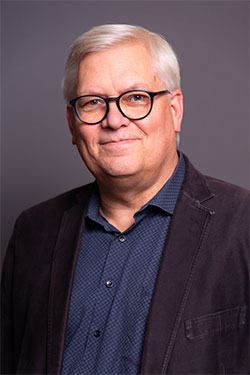
Dr. Michael Hayse
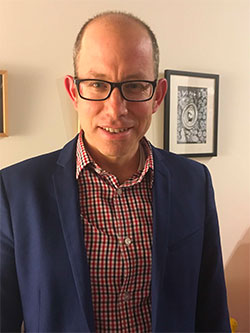
Dr. Raz Segal

Dr. Christina Morus
Affiliated Faculty and Staff
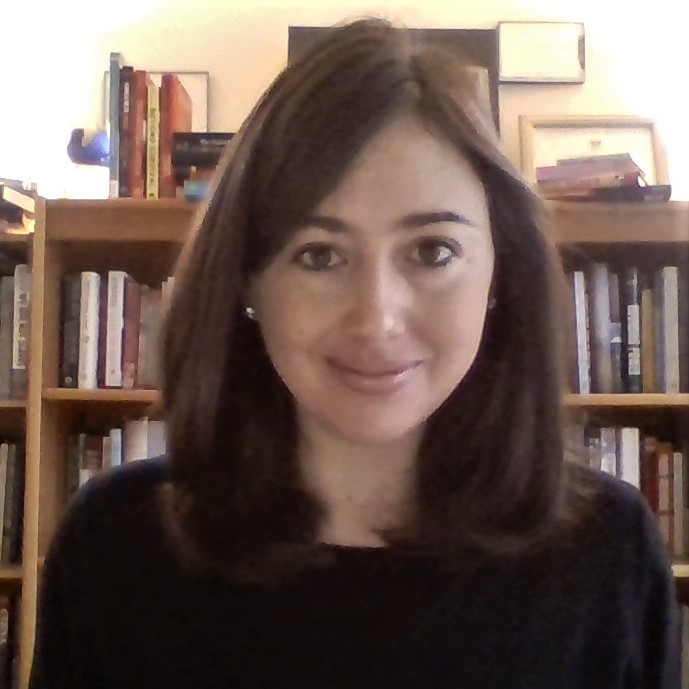
Dr. Lauren Balasco
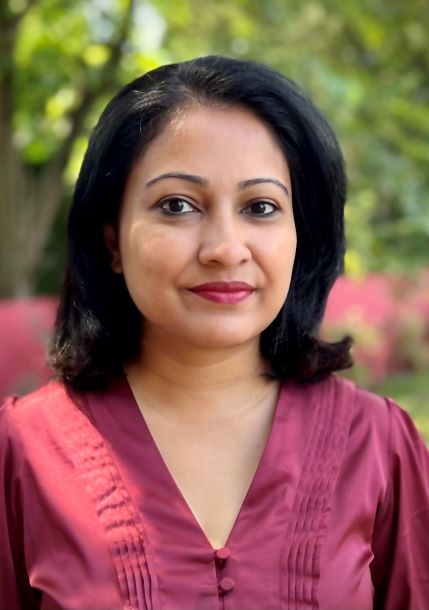
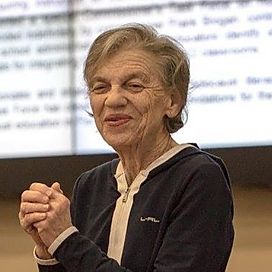
Dr. Mary Johnson
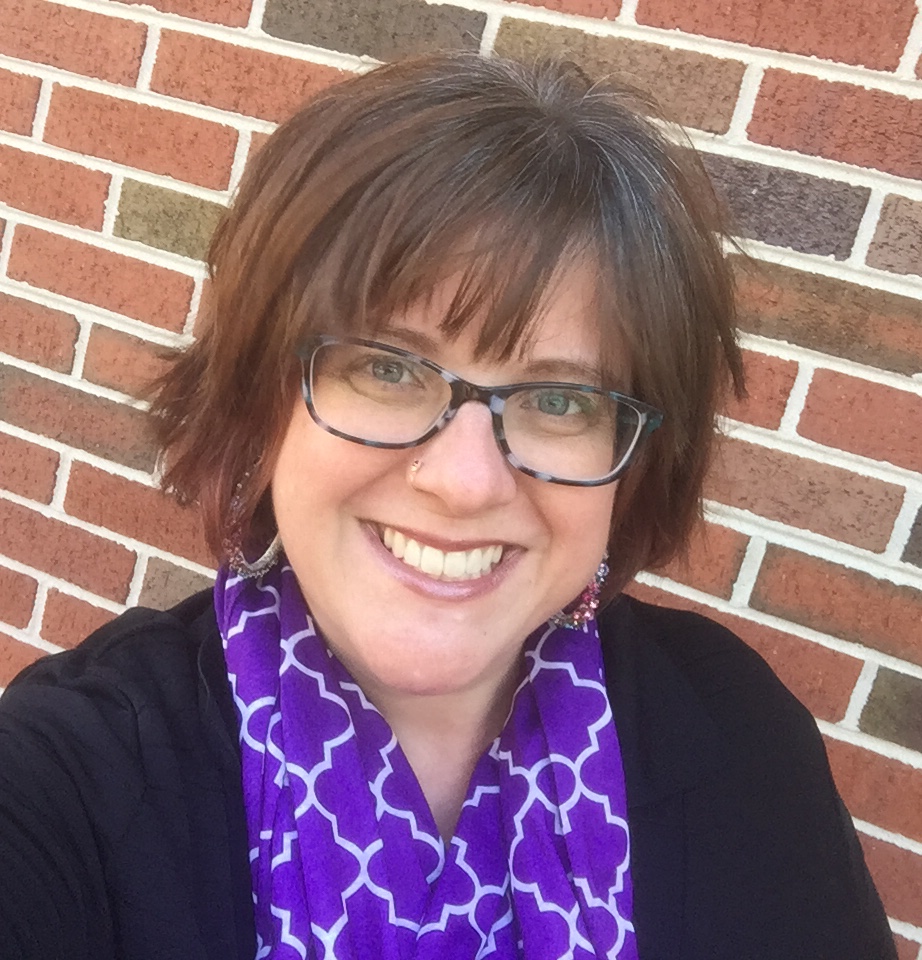
Dr. Jess Bonnan-White
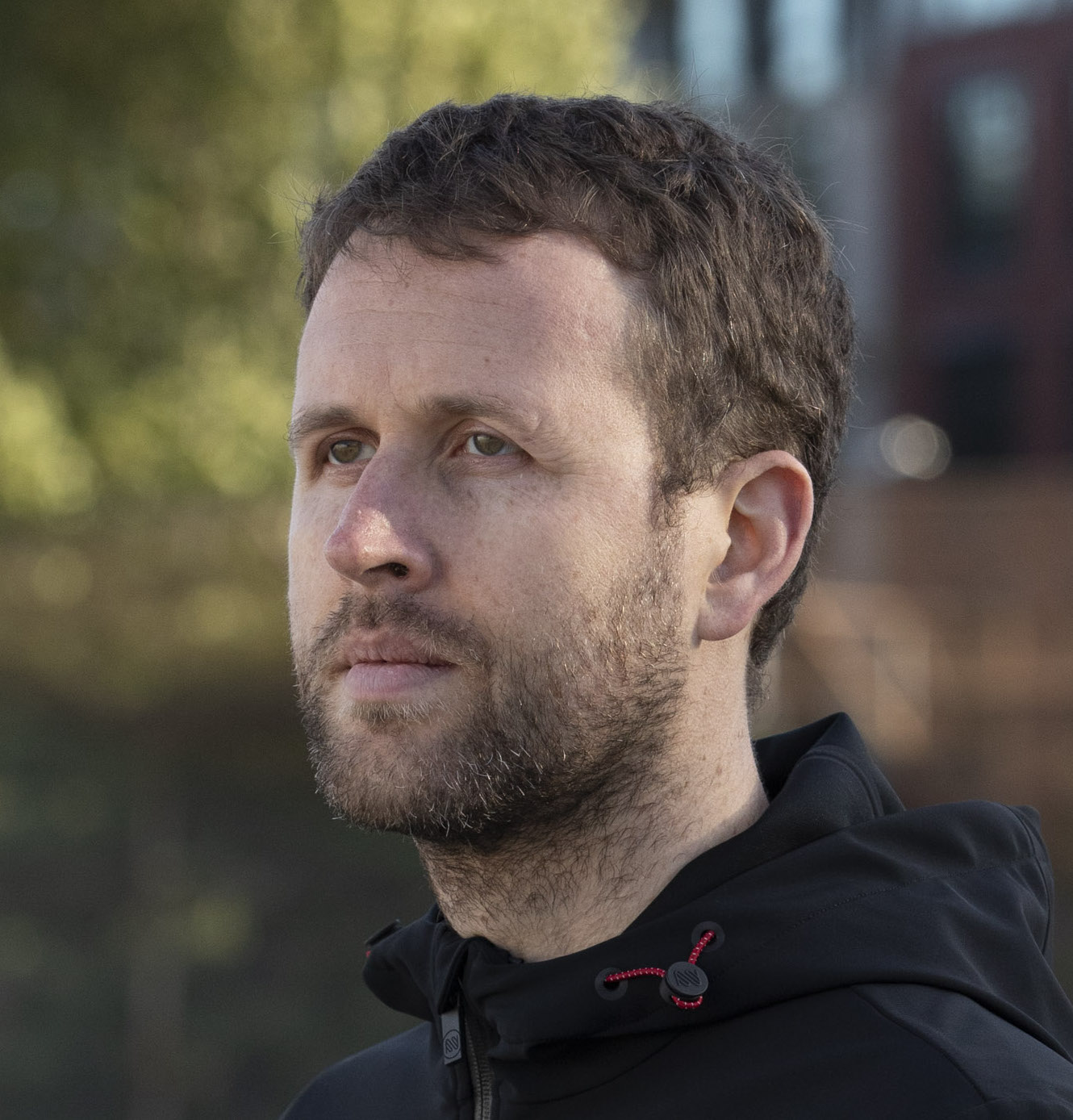
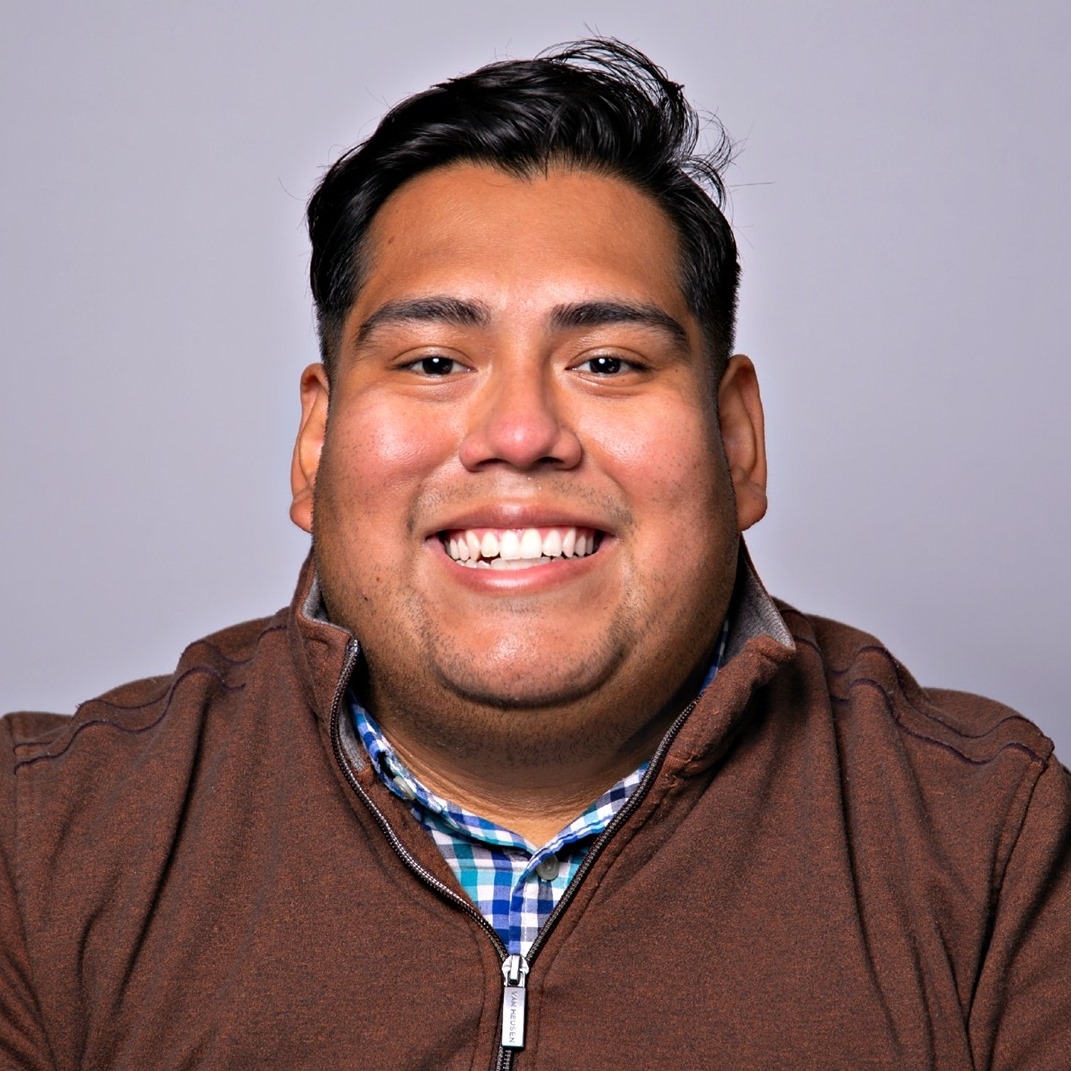
Irvin Moreno-Rodriguez
Visiting Scholar
Dr. Lidia Zessin-Jurek
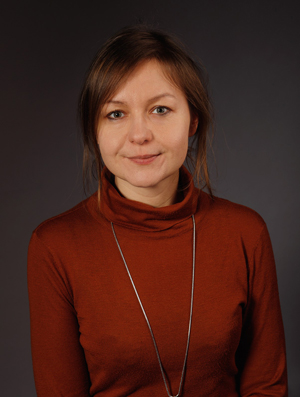
Dr. Lidia Zessin-Jurek is a historian specializing in the memory of the Holocaust, the Gulag, and refugee movements in Eastern Europe, with a comparative focus on contemporary refugee situations, particularly those related to the Polish-Belarusian border and the Russo-Ukrainian War. She holds a PhD in History from the European University Institute (EUI) in Florence. From 2019 to 2024, she worked on the ERC Project Unlikely Refuge? at the Czech Academy of Sciences (Prague) and the European Holocaust Research Infrastructure (EHRI), as well as the European Commission (Brussels). She has published on the competition of Holocaust and Communist memory cultures, as well as extensively on Polish Jewish Holocaust survivors in the Soviet Union (Siberia and Central Asia) and on Poland as a place of refuge in the 20th century. She is working on a book that explores the refugee experience of Polish Jews, focusing on statelessness and the mass exodus of 1939—an understudied event due to post-genocide hindsight (low survivor numbers), persistent stereotypes of “Ostjuden” as more passive, and the privileging of Western refuge narratives over those in the East.
Alumni Spotlight
College Educators/Higher Education
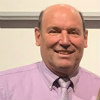
Doug Cervi ('02)
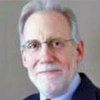
Michael Dickerman ('11)
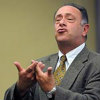
Steven Marcus ('02)

Tiara N. Yahnian-Murta ('20)
PhD and beyond
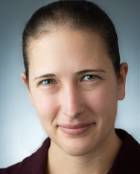
Patty Chappine ('09)
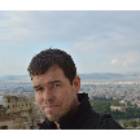
Matthew Hone ('01)
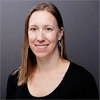
Cyanne Loyle ('04)
Holocaust Museums and Centers

Amanda Coven ('19)
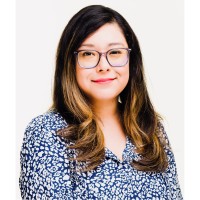
Laurie Garcia ('18)
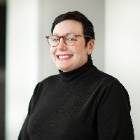
Rachel Herman ('12)
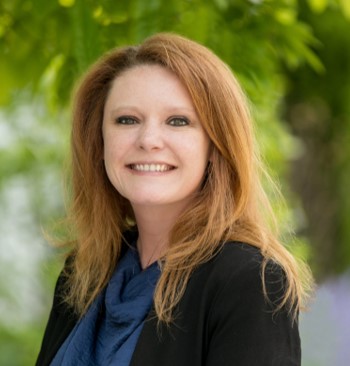
Jessica Hulten ('13)

Trinity Johnson ('08)
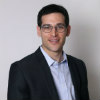
Michael Morris ('14)
NGOs and other organizations
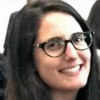
Andrea Heymann ('16)
Prospective Students
- Application information
Current Students:
- Courses
If you have further questions about the M.A. in Holocaust & Genocide Studies program, contact Program Chair Dr. Raz Segal at (609) 626-3853 or E-mail Raz.Segal@stockton.edu.
Apply today. If you would like to Request More Information about the application and admissions process please call the Office of Graduate Admissions at (609) 626-3640 or E-mail gradschool@stockton.edu.
